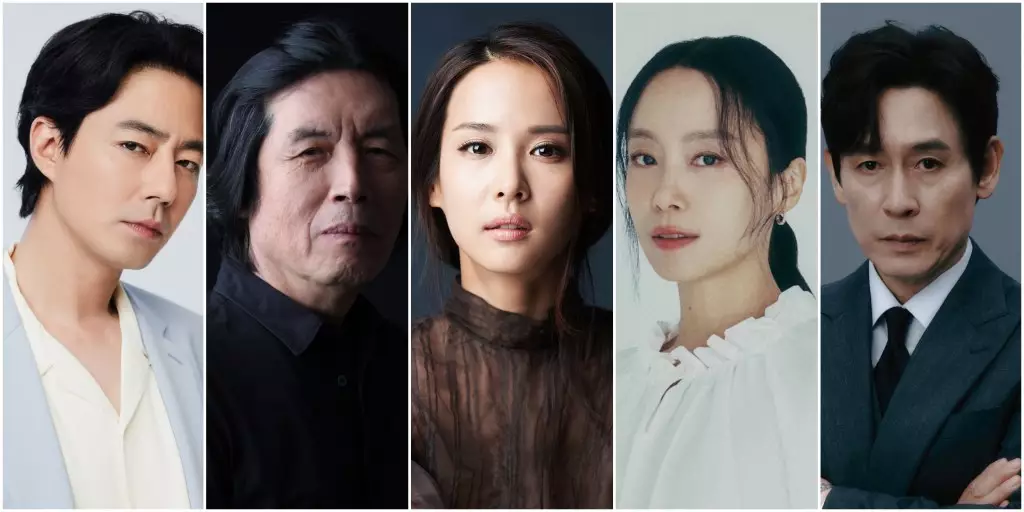After an eight-year hiatus, the acclaimed Korean filmmaker Lee Chang-dong is poised to reenter the cinematic arena with his new project, “Possible Love.” This return is not merely about resuming work; it is an audacious statement that a master filmmaker refuses to be sidelined by time or industry trends. Lee’s films have historically delved into the intricate layers of human psychology and societal tensions, crafted with a subtlety that challenges viewers to confront uncomfortable truths. His absence, however, leaves a palpable void in contemporary cinema, which often favors spectacle over substance. Therefore, his comeback is both an act of artistic integrity and a potential catalyst for revitalizing Korean cinema’s reputation for depth and nuance.
Collaboration with Proven Talents: A Double-Edged Sword?
The film reunites Lee with Jeon Do-yeon, a powerhouse of Korean acting whose versatility and emotional depth have earned her international acclaim, including the coveted Cannes Best Actress award. Their previous collaborations—”I Wish I Had a Wife,” “Birthday,” and “Kill Boksoon”—demonstrate a mutual understanding and a shared commitment to narratives that probe the human condition. Having Sul Kyung-gu join as her partner adds another layer of credibility, given his history of portraying complex characters that resonate with layered storytelling. Yet, this collaboration also raises a question: is Lee’s reliance on familiar faces and proven partnerships a sign of creative stagnation, or a strategic choice to ensure the film’s emotional authenticity? While familiarity can indeed foster great performances, it risks circumscribing the film’s potential to breakthrough into new storytelling territories.
Ambitions versus Industry Realities
“Possible Love” promises to explore the tumultuous intersections of two contrasting married couples, a premise that, on paper, appears ripe for insightful commentary. However, the challenge lies in translating this premise into a compelling narrative that resists clichés and superficiality. Lee’s previous works—”Burning,” “Oasis,” and “Poetry”—are notable for their poetic approach and social critique. Yet, returning after nearly a decade also invites skepticism about whether Lee can reincarnate his voice amidst an industry that increasingly favors formulaic content. Will his signature introspective style adapt to today’s streaming-driven landscape, or will it feel like a relic of a bygone era? Producers like Pinehouse, with ties to “Burning,” suggest a support system rooted in high artistic standards, but sustainability lies in innovation, not nostalgia.
Facing the Echoes of Past Success
Historically, Lee Chang-dong’s work has not only garnered critical recognition but has also pushed Korean cinema onto the global stage. Awards from Venice and Cannes underscore his mastery of balancing aesthetic beauty with social realism. Yet, this reputation is a double-edged sword. Expectations for “Possible Love” will inevitably be sky-high, and any misstep risks diminishing his legacy. Moreover, the social landscape has evolved in the eight years since his last film, and the issues that once occupied his narratives now demand modern nuance. Will Lee succeed in portraying contemporary Korean life with the same insightful sharpness, or will he struggle to connect with a generation shaped by different realities? Critical self-reflection suggests that such a comeback must be handled delicately, merging his artistic integrity with a clear understanding of current societal dynamics.
Lee Chang-dong’s return is a bold declaration that art still matters—yet it also confronts the harsh reality that even the most talented filmmakers face: relevance, innovation, and authentic storytelling are more crucial than ever for truly resonating in today’s cinematic landscape.


Leave a Reply